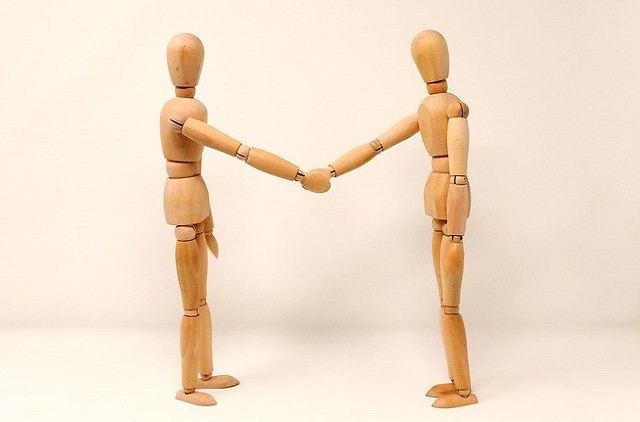Cyberbullying - Transcript
Cyberbullying is when people use the Internet or smartphones to send mean messages to others. It can be very hurtful, and it can also lead to serious problems for the victim.
Bullies often think that what they are doing is not bad because it is happening online and no one is being physically hurt. However, cyberbullying has real-life consequences just like any other kind of bullying. In fact, experts say that cyberbullying may be even more harmful than regular bullying because it happens in private and there are no adults around to stop it.
The most common type of cyberbullying is sending mean text messages or emails using a smartphone or computer. Sometimes people post embarrassing pictures or information about their classmates on websites or in SNS groups.
Victims of cyberbullying usually don’t talk about what is happening because they feel embarrassed. They worry that if others find out what happened, the situation will get worse. Unfortunately, this allows the problem to continue.
When students finally tell their teachers about cyberbullying, the teachers sometimes say there is nothing they can do since no one was physically attacked. But this does not mean that there were no negative effects on the victim. Research shows that victims of cyberbullying experience depression, anxiety, low self-esteem, sleep problems, headaches, and trouble concentrating in class. These are the same problems experienced by those who have been bullied face-to-face.
The negative effects of cyberbullying can last a very long time. Children who have been bullied still remember how awful they felt years later! These days there are places online where the victims of cyberbullying can go for help. They can learn what to do when they are cyberbullied and how to get help from teachers and parents.
Cyberbullying - Video
Cyberbullying: Amy's Experience

In the digital age, children face many challenges. In addition to the struggles of adolescence, children, like 13-year-old Amy, are also facing the threat of cyberbullying. The following story explains Amy’s experience with cyberbullying, and the impact of online abuse on a young individual.
Background
Amy, a bright and cheerful teenager, enjoyed spending time online. She connected with friends, explored her interests, and occasionally played games. However, her positive online experience changed suddenly when she became a victim of cyberbullying.
Hurtful Messages
Amy began receiving hurtful messages on her social media accounts. Anonymous individuals used words meant to harm. They attacked her appearance and spread false rumors about her. These messages had a strong negative effect on Amy’s emotional well-being.
Signs of Trouble
Amy’s behavior changed noticeably. She became quiet, avoided social activities, and her grades in her classes dropped. Amy’s parents were concerned about the sudden changes and decided to investigate.
Parental Intervention
After discovering that Amy was being cyberbullied, her parents took immediate action. They reported the incidents to the school and the social media company. They also provided emotional support and let her know that she was not alone in this situation.
Help from the School
The school administration took the matter seriously. They worked closely with Amy’s parents to identify the students involved. They organized a special programs to educate students about the consequences of cyberbullying and the importance of responsible online behavior.
Social Media Response
The social media platform promptly responded to the reports of bullying. They changed their guidelines and improved their reporting mechanisms. In serious cases, they also agreed to cooperate with police to hold the cyberbullies accountable.
Positive Outcome
With the efforts of the school, Amy’s parents, and the online platform, the cyberbullying incidents stopped. Amy continued to get support and started to regain her confidence. The experience created positive changes in the school’s approach to online safety.
Kesimpulan
Amy’s case shows us the importance of working together to stop cyberbullying. Through parental support and educational programs, we can create a safer online environment for young people like Amy.







